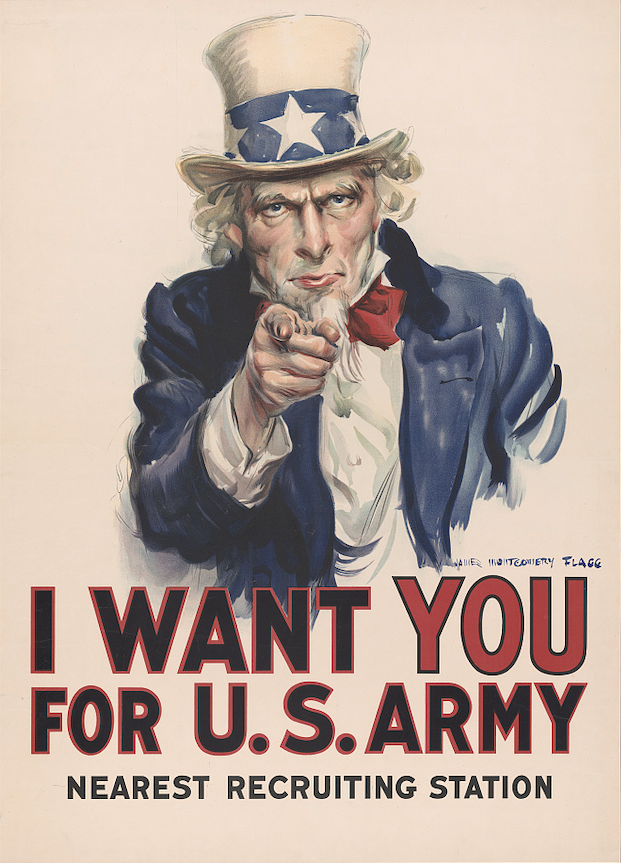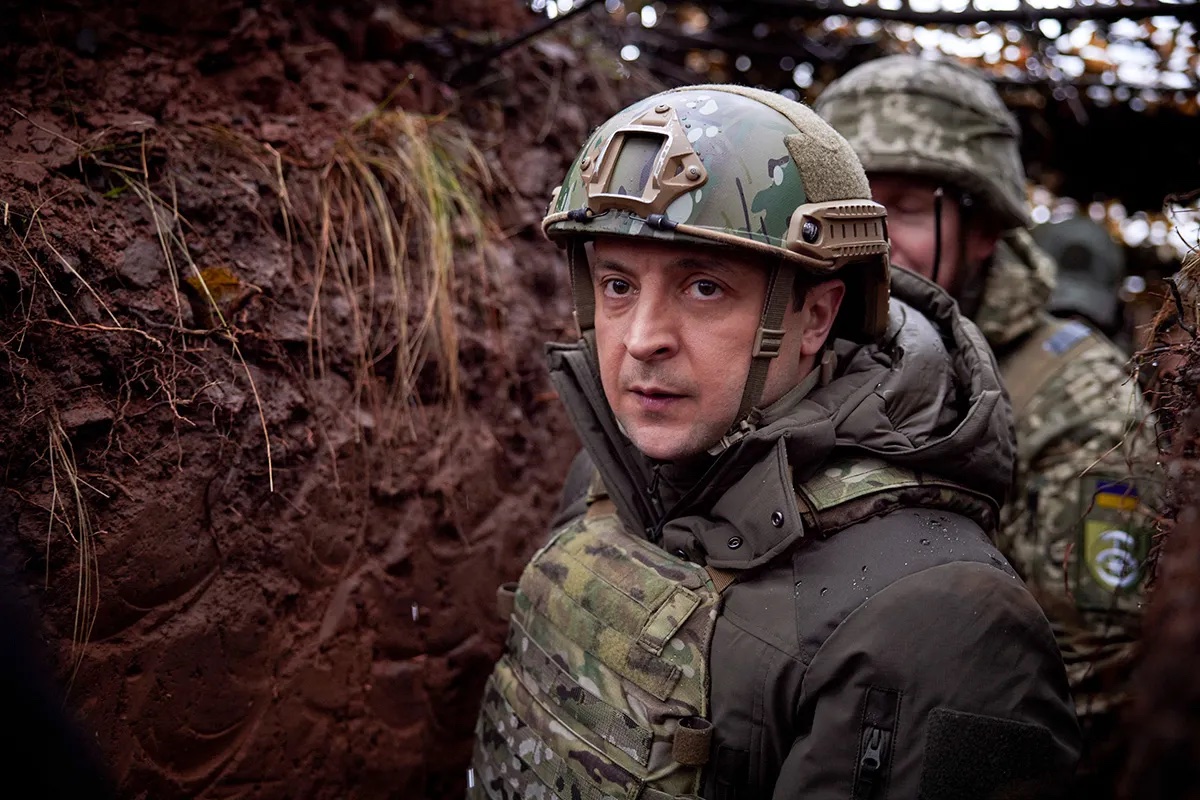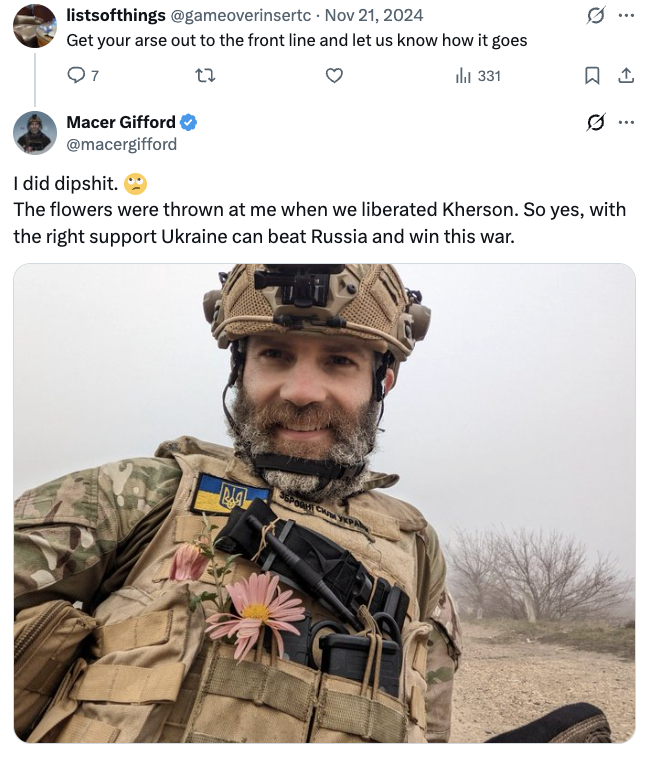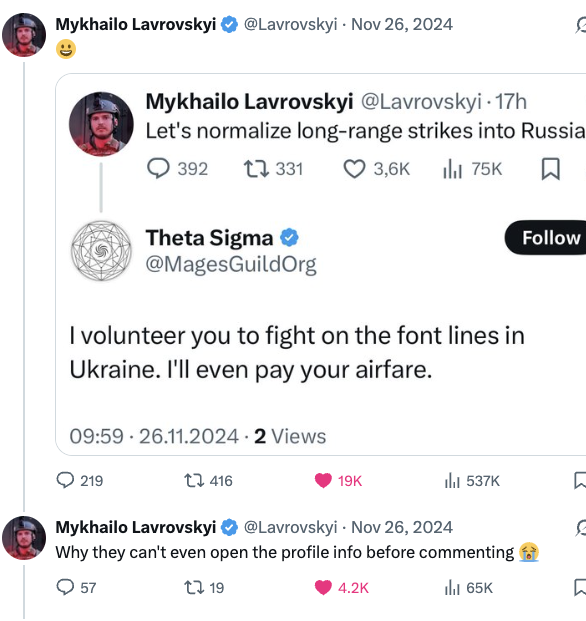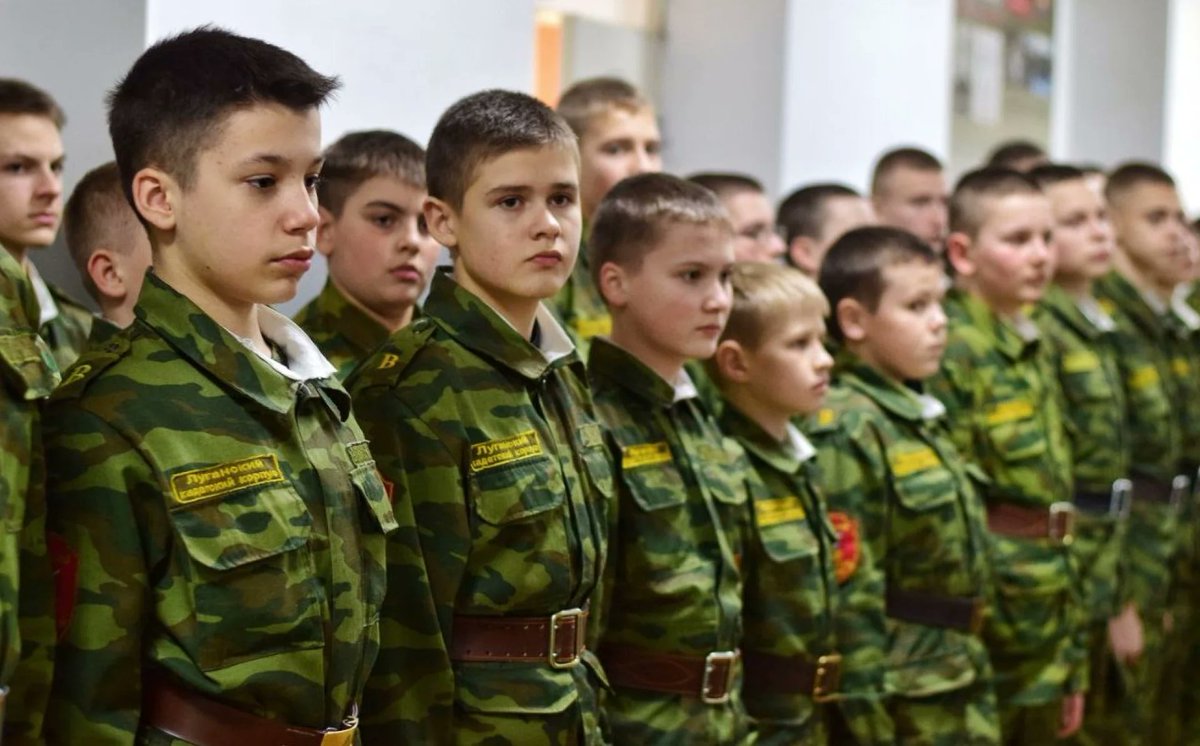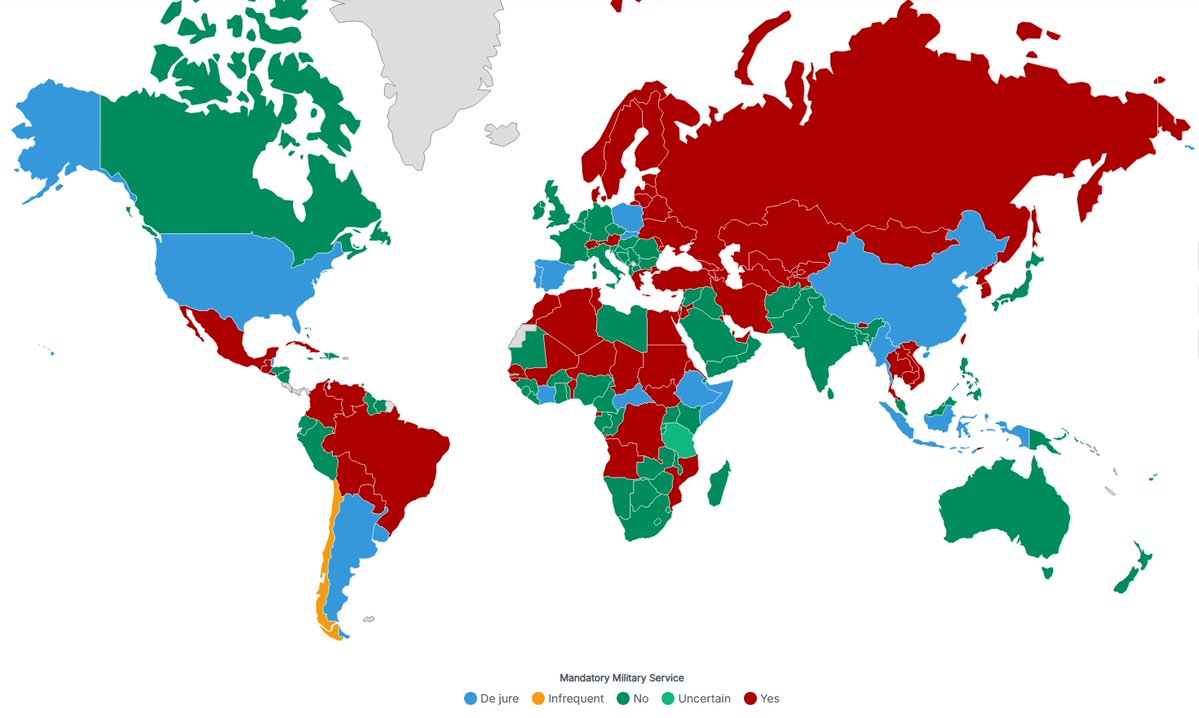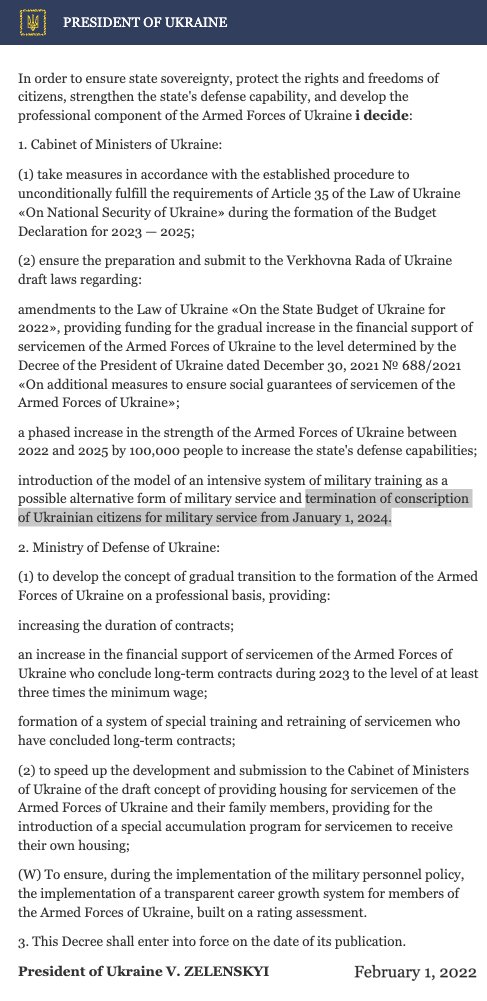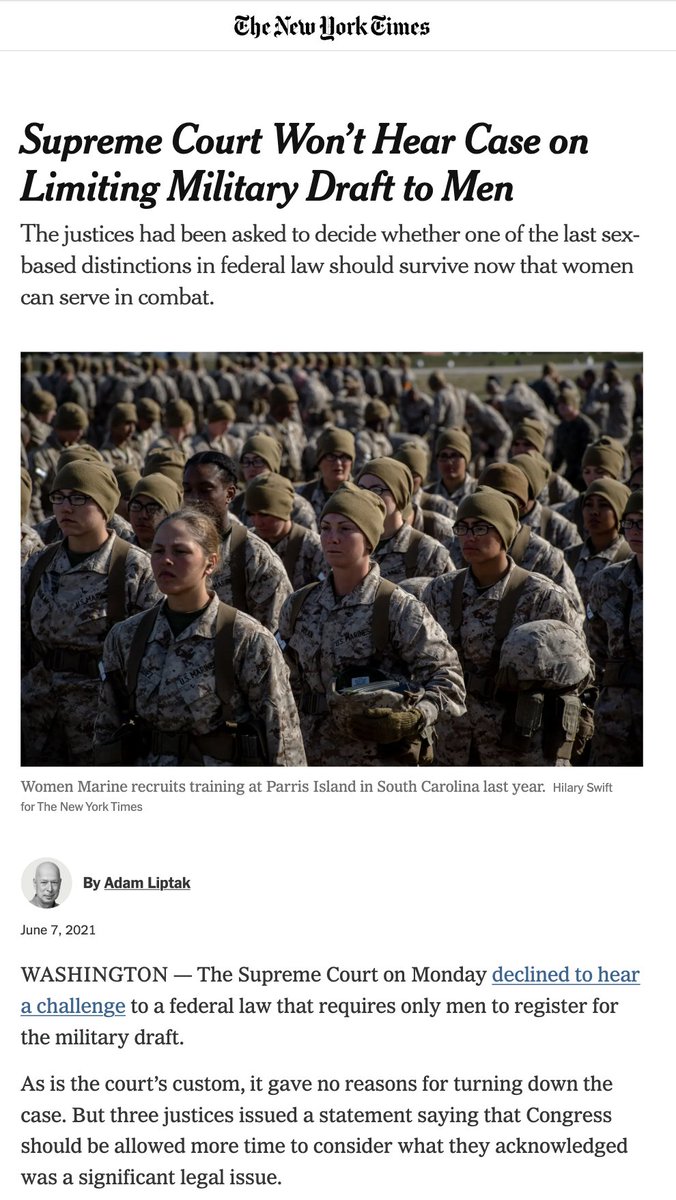In today's #vatnik soup I'll be talking about books, documentaries, podcasts, etc. that I have found to be useful in understanding disinfo, Russian info ops, culture, etc. It's by no means a comprehensive list, but I think it's a good start! Also,list YOUR favorites below 👇🏻1/13 

Books/audiobooks
Catherine Belton (@CatherineBelton): Putin's People - If I could recommend only one book, it'd be this one. It's a fantastically written book about the rise of Putin and Putinism and a masterwork of investigative journalism.
2/13
Catherine Belton (@CatherineBelton): Putin's People - If I could recommend only one book, it'd be this one. It's a fantastically written book about the rise of Putin and Putinism and a masterwork of investigative journalism.
2/13

Keir Giles (@KeirGiles): Russia's War on Everybody - A comprehensive look on different aspects of Russian politics, bringing together various themes and stories from the military, politics, espionage, cyber operations, etc. Good book for getting a general overview on Russia.
3/13
3/13

Jessikka Aro (@JessikkaAro): Putin's Trolls - A great overview on Russia's information operations against the West. The focus is more on IRA, Prigozhin, and Aro's personal experiences while working as a journalist for Finnish Broadcasting Company YLE.
4/13
4/13

Mikhail Zygar (@zygaro): All the Kremlin's Men - A great history about Putin and his inner circle. The book focuses on telling the events from a neutral point of view rather than moralizing. Lots of names and dates, so can be hard to follow at times.
5/13
5/13

The publishing of this book was a huge event in Ukraine, as it revealed the Russian plans to annex Crimea in Dec, 2013. It was published in English in 2016.
6/13
6/13
Luke Harding (@lukeharding1968): Shadow State: Murder, Mayhem, and Russia's Remaking of the West - A great book on Russian espionage and corruption and their KGB-style murders around the world.
7/13
7/13

Documentaries
Winter on Fire: Ukraine's Fight for Freedom (Evgeny Afineevsky, @evgeny_director) - This documentary about the Maidan uprising gives you a good overview on the origins of the Russo-Ukrainian War. You can watch it on Youtube:
8/13
Winter on Fire: Ukraine's Fight for Freedom (Evgeny Afineevsky, @evgeny_director) - This documentary about the Maidan uprising gives you a good overview on the origins of the Russo-Ukrainian War. You can watch it on Youtube:
8/13
Adam Curtis: Curtis is probably my biggest source of inspiration, and his documentaries on geopolitics are my long-time favorites. I'd suggest watching at least The Century of the Self, The Power of Nightmares, HyperNormalisation & his latest, Can't Get You Out of My Head.
9/13
9/13

Podcasts
BBC's Ukrainecast - I listened to this podcast daily for the first six months or so of the war. Lots of Ukrainian voices, great expert guests and fantastic insights on different aspects of the war. A show with very high production value.
10/13
BBC's Ukrainecast - I listened to this podcast daily for the first six months or so of the war. Lots of Ukrainian voices, great expert guests and fantastic insights on different aspects of the war. A show with very high production value.
10/13

Joe Rogan Experience: Controversial, but Rogan often invites guests who know a lot about the war. I'd suggest you to listen Peter Zeihan's interview with wild analysis on the war in Ukraine. Most people dislike JRE, I've been a fan for over a decade.
11/13
11/13

Research
Conley et al.: The Kremlin Playbook - Great summary of Russia's "economic war" that they waged against the West since around '07.
Renee DiResta: DiResta has done extensive research on Russia's & IRA's info operations in the West. Just read all of her recent papers.12/13
Conley et al.: The Kremlin Playbook - Great summary of Russia's "economic war" that they waged against the West since around '07.
Renee DiResta: DiResta has done extensive research on Russia's & IRA's info operations in the West. Just read all of her recent papers.12/13
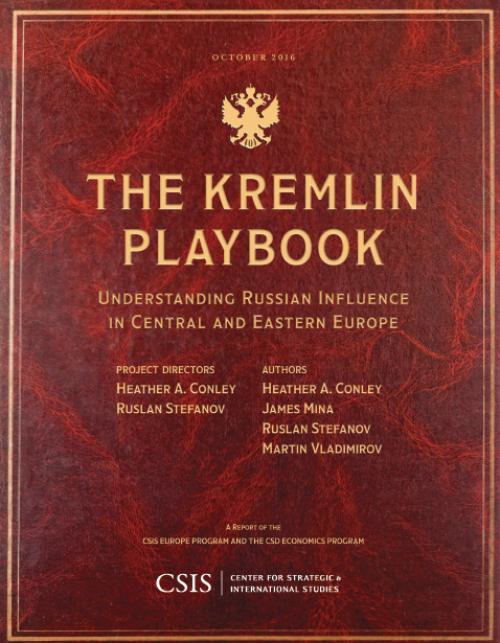
Bloggers/tweeters
I'll just list these as you can find their content neatly on Twitter.
Kamil Galeev (@kamilkazani)
Neil Abrams (@neil_abrams)
Caroline Orr Bueno (@RVAwonk)
Tymofiy Mylovanov (@Mylovanov)
Igor Sushko (@igorsushko)
There are many, many more, of course.
13/13
I'll just list these as you can find their content neatly on Twitter.
Kamil Galeev (@kamilkazani)
Neil Abrams (@neil_abrams)
Caroline Orr Bueno (@RVAwonk)
Tymofiy Mylovanov (@Mylovanov)
Igor Sushko (@igorsushko)
There are many, many more, of course.
13/13
Small announcement: In the near future, #vatnik soup will be produced three times a week. This way I can focus more on quality rather than quantity.
Support my work (and get some AI art!): buymeacoffee.com/PKallioniemi
Support my work (and get some AI art!): buymeacoffee.com/PKallioniemi
Additional ingredients: Also check Timothy Snyder's "The Making of Modern Ukraine" series:
youtube.com/playlist?list=…
I left it out because I haven't seen it, YET.
youtube.com/playlist?list=…
I left it out because I haven't seen it, YET.
• • •
Missing some Tweet in this thread? You can try to
force a refresh


